At Finished Vehicle Logistics North America 2024, Goel gave Automotive Logistics the latest insights and learnings from his Virtual Task Force.
“I think the status quo got disrupted and we had to adjust,” he said. ”We previously thought of our network as individual countries, but when you look at our ports, our rail systems, our trucking, everything, they are interrelated. So decisions that would be made in one country had knock-on effects elsewhere with our network.”
Read more: Volkswagen Group’s North America vehicle logistics approach saves cost and delivery time
He said the first thing he did was to look at things from a VW Group North America perspective, and then align on KPIs across the region. ”If you asked how many cars are on the ground in a specific country, some countries would include or not include port inventory, some would or would not include off site storage. So we needed to just get some basic KPIs down now, so we understand the magnitude of the problem,” Goel added.
Thirdly, he said the froup started looking at systems transparency to ensure that data and information can be shared across subdivisions of the group.
Finished Vehicle Logistics North America 2024 took place 21-23 May in Waterfront Beach Restort, Huntington Beach, California.
At the event, experts addressed the key issues and opportunities in the FVL sector including combating the capacity crunch across rail, road and sea, harnessing data and analytics to make real-time improvements to network planning and operations, turning EV planning into reality, balancing investment and partnerships for decarbonisation strategies and re-imagining partnerships across the vehicle logistics supply chain.


























![Global[1]](https://d3n5uof8vony13.cloudfront.net/Pictures/web/a/d/s/global1_726550.svgz)






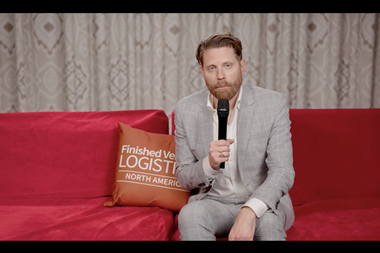
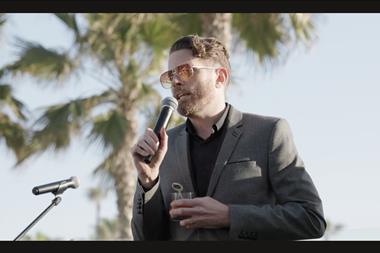
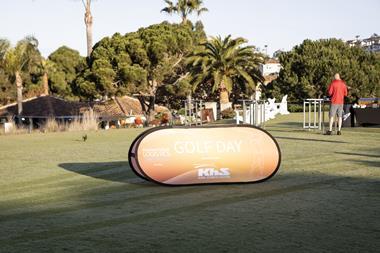
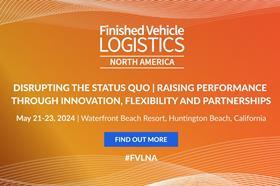

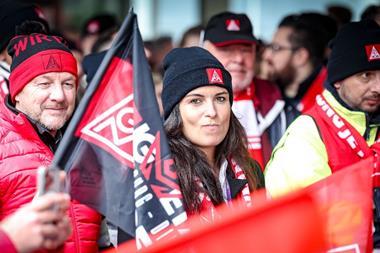
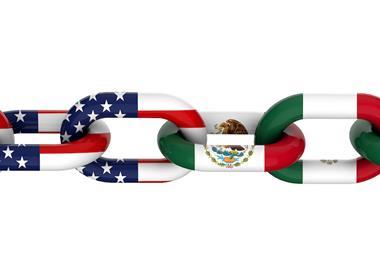






No comments yet